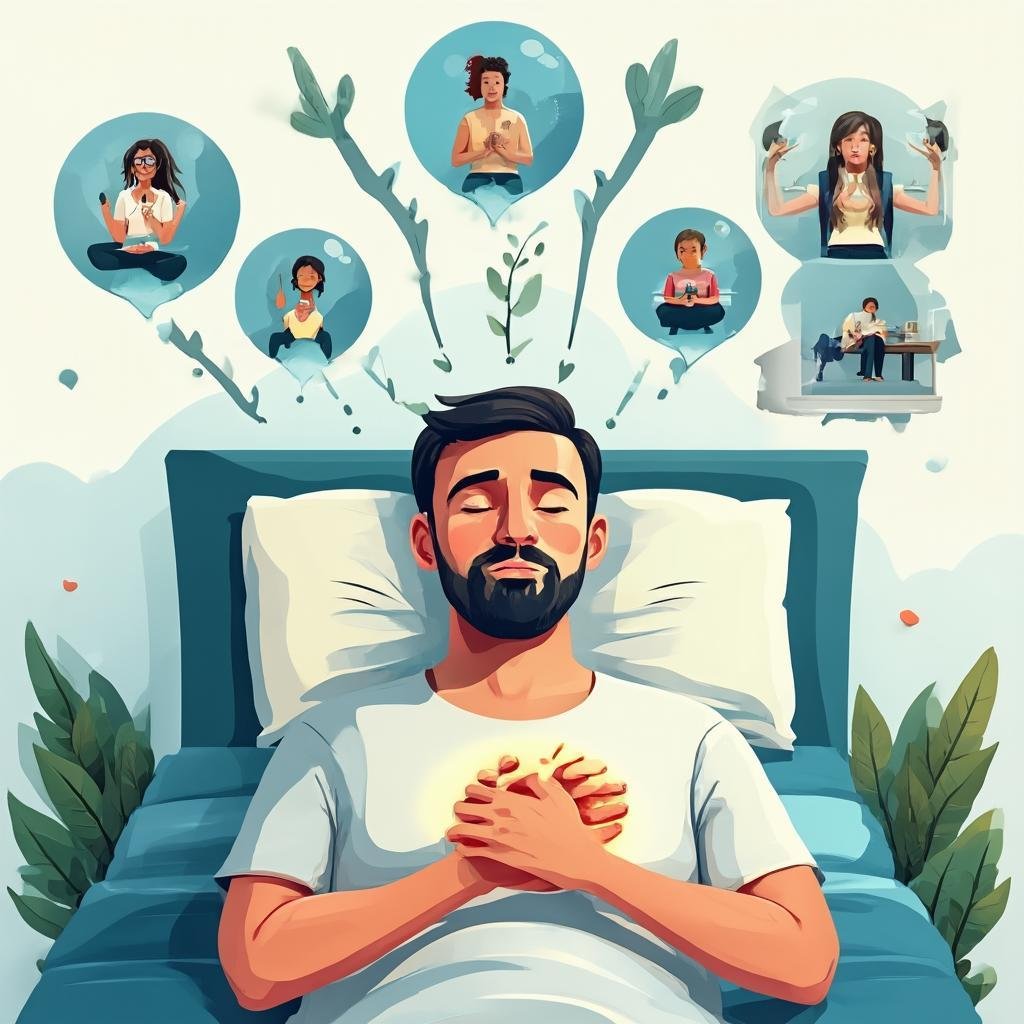Discover 7 practical solutions for nighttime chest pressure relief, learn when to worry about heart-related symptoms, and find expert-approved sleeping positions to improve comfort and breathing.
What Causes That Heavy Feeling in Your Chest at Night?
Many people experience chest pressure when lying down that disappears upon sitting up. The most common culprit? acid reflux (GERD). When you recline, stomach acid can flow back into the esophagus, creating a burning sensation often mistaken for heart pain. Other frequent causes include:
– Poor sleep posture compressing the diaphragm
– Undiagnosed sleep apnea
– Anxiety-induced muscle tension
Real-life case: Sarah, 38, found her nightly chest tightness vanished after elevating her head with a wedge pillow and avoiding late meals.
Sleeping Positions That Reduce Chest Discomfort
Try these 3 expert-approved positions:
1. Elevated left-side sleeping (reduces acid reflux)
2. Semi-reclined at 30-degree angle
3. Back sleeping with knees supported
Pro tip: Place a pillow under your knees if back-sleeping is mandatory. This reduces spinal pressure that can contribute to chest tightness.
When Nighttime Chest Pressure Signals Serious Trouble
While most cases aren’t emergencies, these red flags warrant immediate care:
– Pressure spreading to jaw/left arm
– Cold sweats with nausea
– Breathing difficulty when flat
Recent ER data shows 23% of patients complaining of positional chest pain had cardiac issues. Always err on caution if symptoms feel “different” from usual reflux.
7 Nighttime Habits to Prevent Chest Tightness
1. Finish meals 3 hours before bed
2. Wear loose pajamas
3. Practice diaphragmatic breathing
4. Use hypoallergenic bedding
5. Maintain cool bedroom temperature
6. Stay hydrated earlier in the day
7. Try OTC antacids if approved by your doctor
FAQs: Your Top Concerns Answered
Q: Can anxiety cause chest pressure at night?
A: Yes – nighttime anxiety often manifests physically. Try grounding techniques like 4-7-8 breathing.
Q: Does chest pressure always mean heart problems?
A: No. Studies show 68% of nighttime chest pressure cases stem from non-cardiac causes like GERD or muscle strain.
Q: What’s the fastest way to relieve positional chest tightness?
A: Slowly sit upright, sip room-temperature water, and practice pursed-lip breathing.

